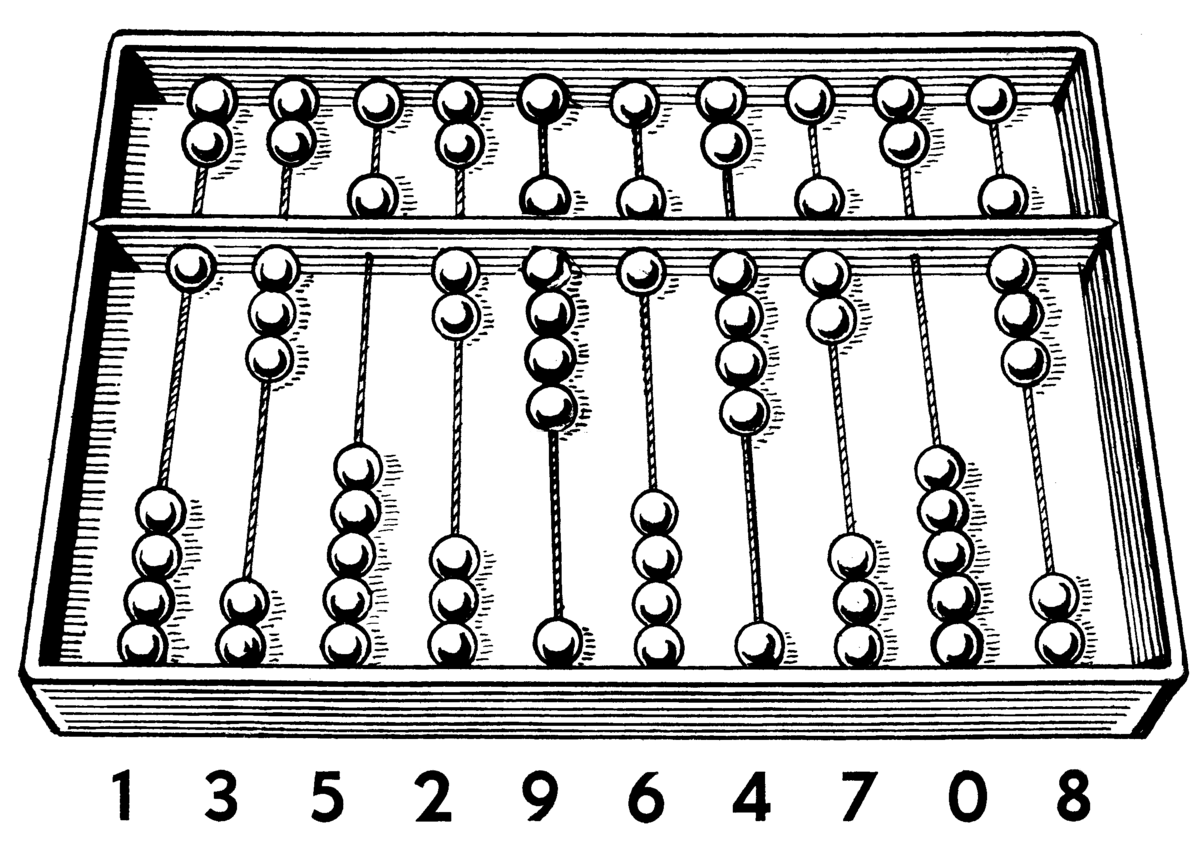What do you find the most great scientific accomplishment ?
Quantum-mechanics , general-relativity, AI ?
Quantum-mechanics , general-relativity, AI ?
I agree.I'd say the biggest step was establishing the scientific method itself.
We are falling back into the religion stage, where it is more important who said it for it to be "right". Where you learn what to think and not how, and - god forbid - on your own without supervision. How would our society look if we valued truth about all else? And new ideas?I agree.
But we never fully internalized it into our society.
Instead I observe we are falling back on to scholastic - the "scientific art" of proving something by who's producing the most comprehendsable clues.

That's what I said in other words, but yes, I agree, resp. fear the same.We are falling back into the religion stage, where it is more important who said it for it to be "right". Where you learn what to think and not how, and - god forbid - on your own without supervision. How would our society look if we valued truth about all else? And new ideas?
For now, I'd like to see computers with analog parts.
Issac Newton's works. Notable mention: Copernicus works, which many others are comparable to that.
For now, I'd like to see computers with analog parts. Inputs can be digital or analog depending on the type of data. For outputs to the analog world, for sound and visuals, the data can be processed to analog, where it doesn't have to be exactly replicated each time. Inputs can be analog for controllers. Data which is set and not meant to be changed, can be in digital. For instance, replacing wire placements for problem solving with digital inputs. Data for preservation and mass transfer can be digital. Originals and filters can be analog or maybe a combination of digital and analog.

It was about hybrid digital and analog, where each one performs extraordinarily or in a fascinating way. With further thinking, about outputting digital calculator or computer output through GPIO or parallel ports to an analog computer component. Most data and equations need to be in digital form, then output to the analog computer component. I also think that graphics processing for visual and audio electrical output could be analog (speakers are already this, but maybe a little further back before the audio signal is transmitted through the copper wires, to the processing for output). Also, audio filters from microphones meant to be digitized can be analog, because there's no requirement for an exact cutoff point, that affects the quality.There is a good reason why computers are digital.
An analog computer is per se no problem at all.
They are way - way - faster than any digital machine.
But the catch is, you only can design those for a single operation only - "hardwired", and they need lots of power and cooling if complex operations at high precision are needed (Example: Targeting systems in World War 1 submarines)
If you want something to be used for multi purposes aka programmable, such as the machines we have today, and it should stay smaller as a sports hall, cost less than two air craft carriers, and doesn't need the niagara power plants for power and cooling, then digital is your choice.
But of course I could have misunderstood you.
An abacus came to mind when I first looked into analog computers. The physical switching of wires to create an output calculation reminded me of that. In elementary school, they said how that was the first form of a computer. Though, it's not an electronic computer in any sense. Those strings aren't electrical wires. If an abacus is considered a computer, a harp or guitar would be non-electrical computer like for music. Would a slide rule or sextant be a nonelectrical computer? We think of computers as electrical computers.It has wires, too. And did you know that older data storage designs were inspired by how the abacus works?
At the moment our society keeps accelerating into the opposite direction. Look at people staring at their smartphones, not talking anymore. (I got rid of mine several years ago.) Worse, many are not even capable anymore for real human communication.
We need to learn talking to each other with the goal to solve problems on the base of science, not to prevail personal interests.
In my eyes we should not invest zillions in OpenAI or such, as long as we don't have a cure for cancer, alzheimer, and parkinson.
Yes, yes, I know: "AI can help..."
True. For some time now, when I go to a doctor and tell him what's wrong with me, he digs into computer and only then writes me a prescription. One time, he was about to write out prescription, but I remembered something else and only then told him. Then he entered it into the computer and said: oh, you see, now I'm getting a different medicine.Nowadays if there is an illness, you have to go to the doctor (and if you can't you have to see to yourself), and the doctor sits before a computer, and the computer tells him what to do. (I usually found it more efficient to just read the computer myself and then tell the doctor what to do.)
And consequentially, as it is anyway the computer that says what to do, we can as well do away with the doctor.

yeah, like genetic engineering, abortion, book bans in schools - you name it, it's gonna have two sides that are in bitter, perpetual conflict with each other over it.Science is now just another religion, a believe system - and there is a witch-hunt underway against the non-believers.
You misunderstood me.Oh, be careful with that.
